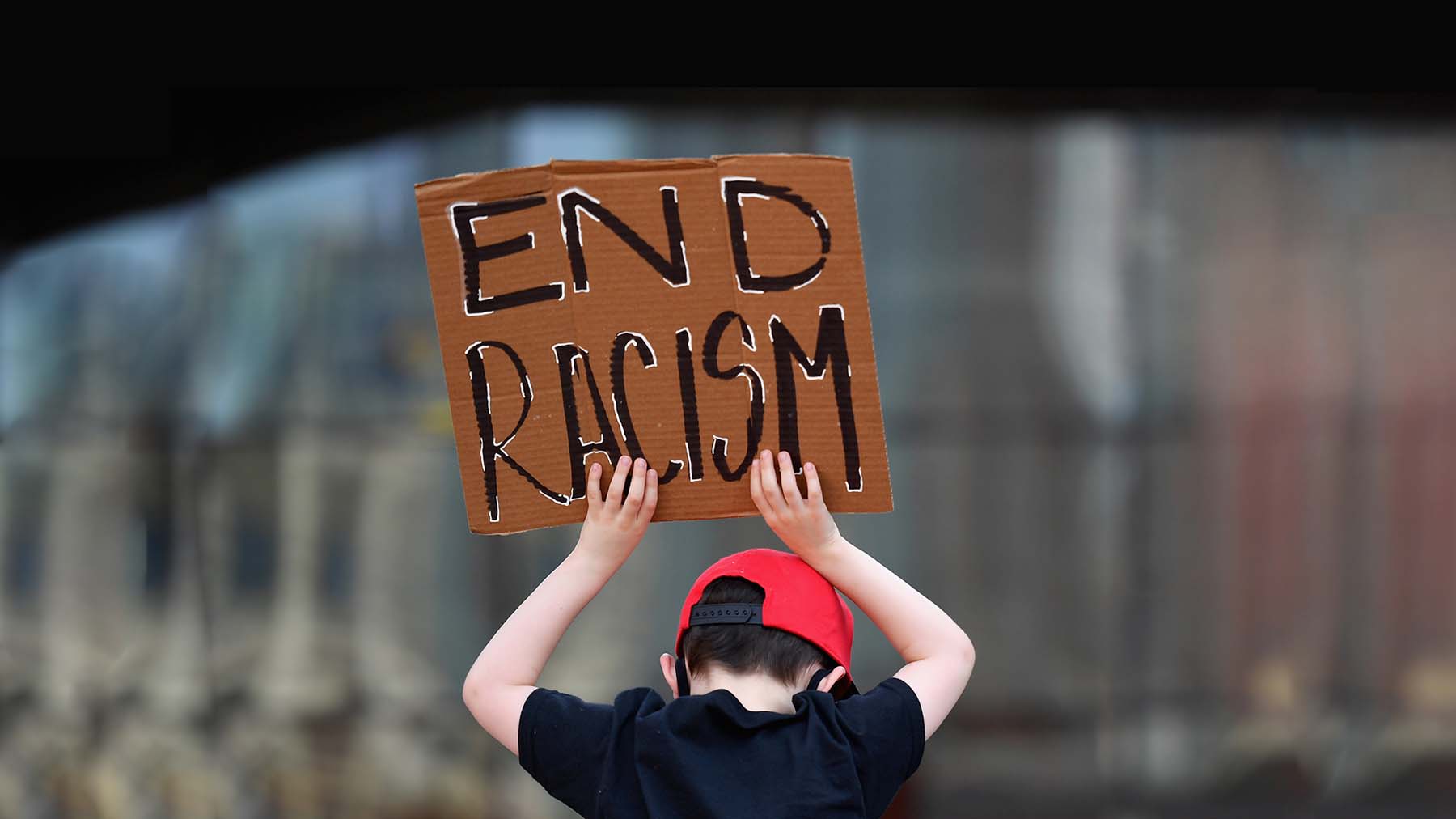Religion has had a profound effect on society throughout history, shaping culture and influencing politics, economics, and social norms. It has promoted social cohesion, unity, and ethical standards while contributing to educational, medical, and environmental advancements. However, religion has also been used to justify political domination, incite violence, and create conflict. Nevertheless, resistance to extreme ideologies and interfaith cooperation has led to the promotion of peace and harmony in many societies. Overall, religion will continue to play a significant role in shaping communal values and norms in the future.
10 Ways Religion Impacts Society
1. Cultural Development
Religion has been essential in shaping the cultural development of societies worldwide. It has had a significant impact on literature, art, music, and other forms of creative expressions. People’s beliefs and values have frequently been reflected in their artistic works, making religion an integral part of cultural evolution.
2. Social Cohesion and Unity
One of the most fundamental ways religion impacts society is by promoting social cohesion and unity. Religious beliefs, customs, and practices help to strengthen the community’s sense of togetherness and can provide comfort and support during challenging times. It also fosters a sense of shared identity and strengthens bonds between individuals.
3. Ethical Standards and Morality
Religion also provides a moral compass for individuals, helping to establish ethical standards and proper behavior. Most religious communities espouse a code of conduct outlining what is right and wrong, which can be seen as guiding principles for societal issues. Religion can help ensure that people recognize and uphold laws, treat each other with respect, and work to promote human rights.
4. Political Influence
Religion has played a powerful role in the political history of several societies worldwide. It has often been used to justify political domination by some individuals or groups over others. Religious conflicts and wars have also been fought, significantly impacting political structures in various parts of the world.
5. Educational Advancements
Many religious institutions foster education and learning as an essential component of their beliefs. The systematic study of religious literature and texts has been the foundation for the development of several academic disciplines, such as theology, philosophy, and religious studies. It has also led to educational advancements that have helped shape science, literature, and art.
6. Economic Impact
Religion plays a pivotal role in the economy, primarily due to the significant influence that it has on personal spending, tax policies, and charitable donations. Religious organizations operate some businesses, and they have contributed to significant philanthropic ventures that have impacted the lives of millions.
7. Medical Progressions
Religion also plays a critical role in medical advancements, by contributing to the development of hospitals, medical practices, and research institutions. Religious institutions have been at the forefront of providing care to those in need and sometimes incorporating medical care into their teachings.
8. Environmental Ethics
Several religious traditions teach that humans are responsible for taking care of the environment that they occupy. Therefore, religion has played a critical role in promoting environmental ethics and encouraging people to practice environmentalism. Religious organizations have often promoted responsible use of natural resources, waste reduction, and environmental conservation.
9. Backlash Against Religious Violence
In various parts of the world, people have formed groups and movements against the threat of religious violence. The backlash against religious extremism and its associated violent acts have included calls for political reforms, dialogue, and interfaith cooperation. The threat of such extremist ideologies has led to resistance to extreme religious ideologies, resulting in the strengthening of the global community.
10. Promotion of Peace and Harmony
Religion has been instrumental in promoting peace and harmony in societies around the world. It has often helped to create platforms for dialogue between people of different religions, leading to increased understanding and a reduction of conflict. Religious institutions have also been at the forefront of peacebuilding efforts in various societies. Their efforts have assisted in creating and sustaining peaceful coexistence amongst individuals and societies.
In conclusion, Religion has undoubtedly been a significant force shaping societies across the world. From promoting social cohesion, ethics, and morals to driving economic growth and scientific advancements, religion has played an integral role in shaping the global community. The future impact of religion remains unpredictable, but its role and importance will undoubtedly remain evident in shaping communal values and norms.
